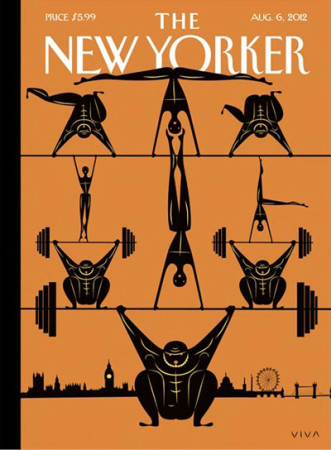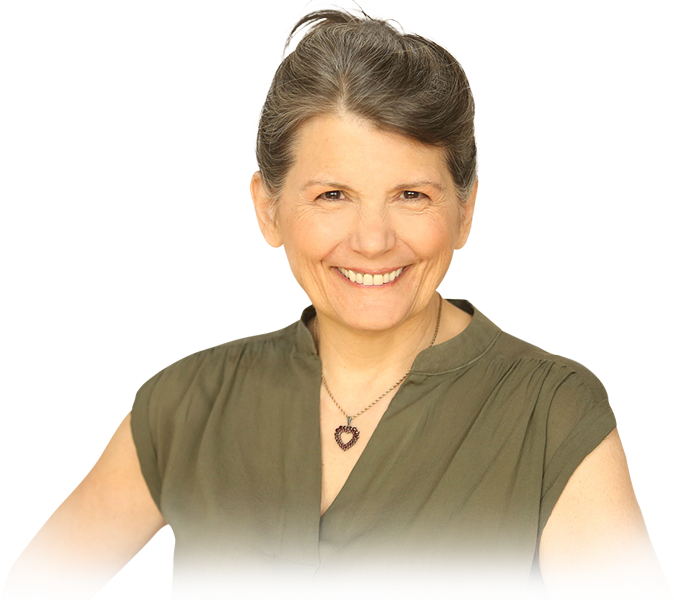
As the London Olympic Games come to a close, I’ve been thinking about the summer of 1976, when the Games coincided with the San Francisco Feldenkrais® Training Program. Every day, Moshe would come in talking about an event or an athlete he’d seen the night before.
Moshe was always excited to watch anyone who raised the bar by doing something innovative in his or her sport. This made the Olympics a source of inspiration beyond the usual because he always tied them into our ability as humans to exceed our current ability and achieve greatness.
“There is no limit to improvement,” Moshe told us. Once someone shows the thing is possible, people will invent more and more ways to make it faster, higher, longer, better, easier, or more elegant. What was previously thought to be impossible now becomes the standard, and we all move forward in the flow as the possible expands.
The London Olympics offered many such moments of inspiration. As old records were broken and new ones were set, there were so many stories of people with dreams who simply went after them.
Whether it’s the story of a runner finally reaching the Olympics after being shot in the leg, a double amputee who doesn’t see himself as less than able-bodied, or any of many other stories of triumph over adversity, every single athlete arrived at the Games as the product of their own growth. Their success was directly associated with their willingness to step into the fullness of their being.
As the London Games come to a close, I realize that day after day, they have shown us exactly what Dr. Feldenkrais taught us day after day: When humans are clear about the dreams that inspire them, there is no limit to improvement.

